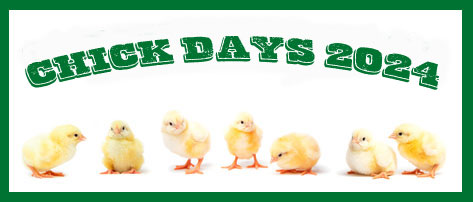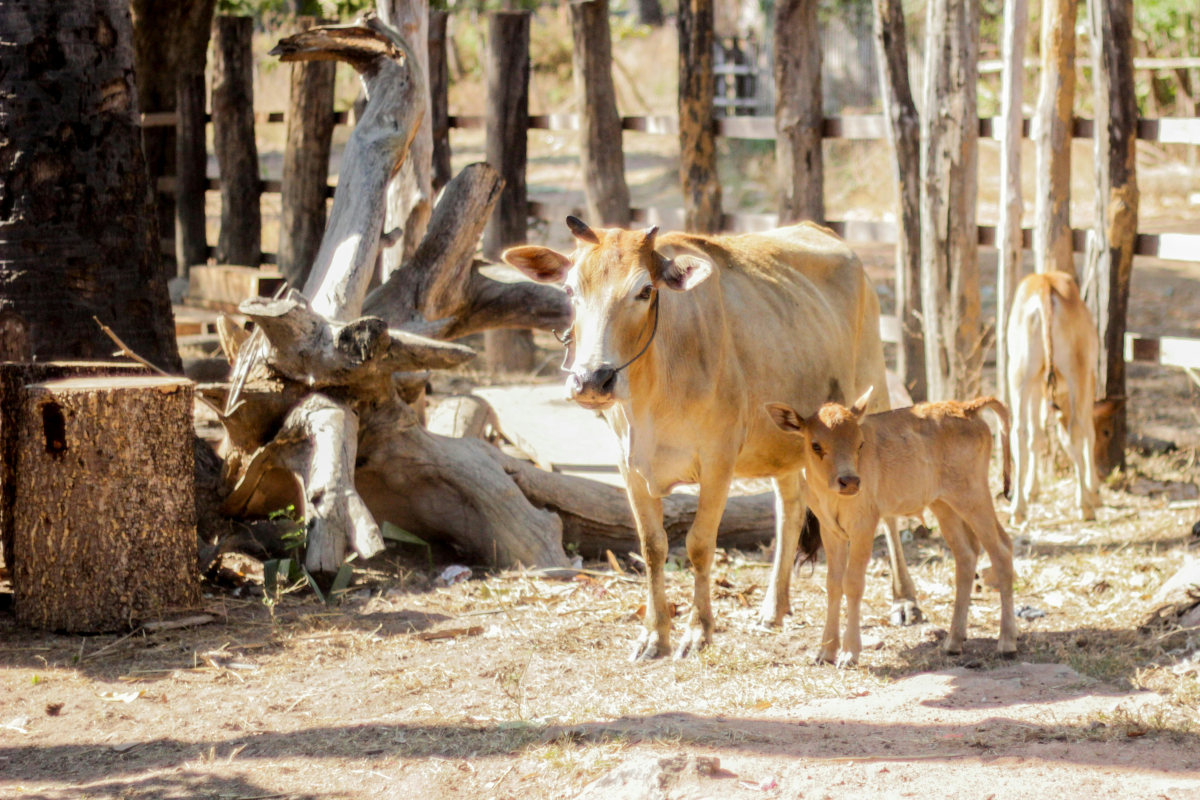Product Availability & Shipping Delay Information. Learn More
High Protein Cattle Feed: Key to Cattle Growth and HealthHigh Protein Cattle Feed: Key to Cattle Growth and Health
Understanding Protein in Cattle DietsWhat Protein DoesProtein is crucial for building muscle, supporting immune function, and producing milk. It's made of amino acids, the building blocks that keep cattle healthy and strong. Different cattle need different amounts of protein at various stages of their lives, like growing calves or milk-producing cows. Where Protein Comes FromThere are many sources of protein for cattle, such as:
The Benefits of High Protein FeedSupports Growth and Milk ProductionProtein is especially important for young cattle that are still growing and dairy cows that need to produce milk. A diet high in protein helps young cattle develop into strong adults and helps dairy cows produce higher quality milk. Increases Feed EfficiencyCattle fed a high protein diet often convert feed into body mass more efficiently, which can save money in the long run. Efficient feed conversion means cattle reach market weight faster and dairy cows produce more milk with less feed. Managing High Protein DietsWhile high protein diets offer many benefits, they must be managed carefully:
Implementing High Protein DietsCreating a Feeding PlanIt's important to tailor feeding plans to the specific protein requirements of your cattle, considering factors like age, activity level, and health status. For example, lactating cows and growing calves will need more protein than mature cows. Consulting with Nutrition ExpertsWorking with a nutritionist can help you create an effective and safe feeding program. They can advise on the right types and amounts of protein for your cattle. Regular Health ChecksKeep an eye on your cattle's health and adjust their diet as needed. Regular check-ups can help spot any energy and protein issues early, ensuring your cattle remain healthy on a high protein diet. Success StoriesMany farms have seen great results with high protein diets. For instance, a dairy farm might report higher milk output and better overall cow health, while a beef producer might note quicker growth rates and better market weights. High protein cattle feed is an effective way to enhance growth, improve health, and increase productivity in cattle. With careful management and proper nutritional support, cattle on high protein diets can thrive, providing better returns for farmers. Interested in optimizing your cattle's health with high protein feed? Visit our website for more information and resources on cattle nutrition. Whether you're looking to boost milk production or improve growth rates, we have the expertise to help. Explore our solutions today to see how your herd can benefit from high protein diets! |


